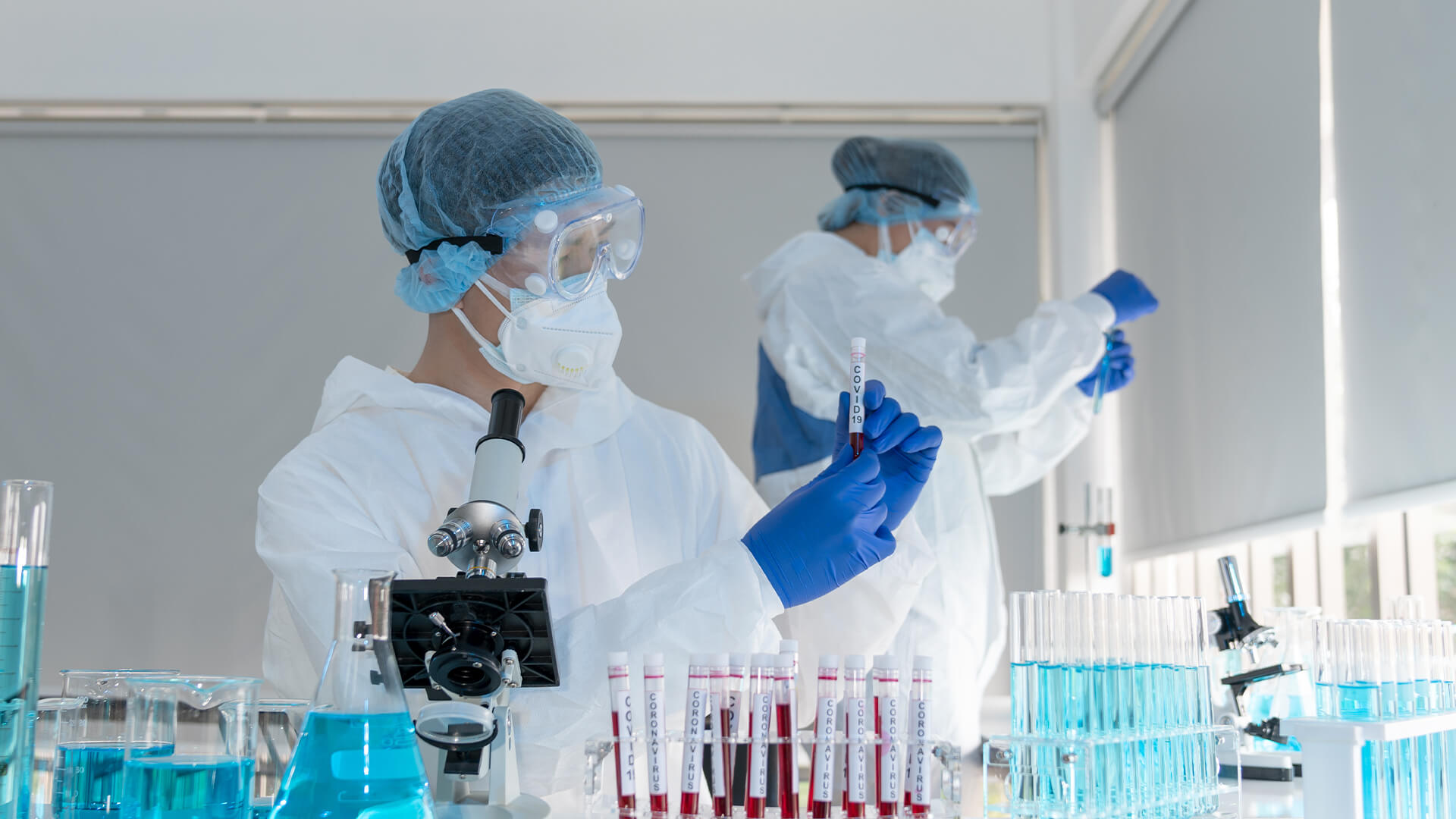Bloodborne pathogens (BBP), as its name suggests, are pathogenic microorganisms that cause diseases when transferred from an infected person to another through blood. These microorganisms are capable of causing serious illnesses and in worse cases, death.
Bloodborne pathogens can enter the human body through accidental punctures and abrasions on the skin, or through mucous membranes found in the mouth, nose, or eyes. Some of the most common diseases caused by bloodborne pathogens include HIV (human immunodeficiency virus), Hepatitis B and C, and Syphilis.
You are likely to be exposed to bloodborne pathogens in places such as medical offices, dental offices, clinics, hospitals, restrooms, nursing homes, and funeral homes. But you can take measures to avoid infection. Here are ways on how to protect yourself from bloodborne pathogens.
1. Educate Yourself About BBPs
The first defense against bloodborne pathogens is to learn everything there is to know about them. This is especially true if you’re working in the healthcare and cleaning industry.
For example, if you are working in a hospital as a nurse or a janitor, you should know that your employers are legally required to provide proper equipment, training, and education to ensure your protection against exposure to bloodborne pathogens.
You may also opt to enroll in bloodborne pathogens courses or training programs to get clearer instruction and information on the best ways to keep yourself and others safe against these microorganisms.
2. Be Equipped
The safest way to protect yourself against bloodborne pathogens is to never come into contact with blood or any bodily fluids from an infected person. However, that is not always possible.
You can never avoid getting exposed to BPPs especially if you’re working in a hospital and you are required to provide medical assistance to someone who is bleeding or if you are tasked with cleaning up blood spills and stains of bodily fluids. In these situations, the best way to protect yourself against bloodborne pathogens is to use effective Personal Protective Equipment (PPE).
It’s also important to remember that PPEs come in different varieties. Each of these varieties is designed to protect certain parts of the human body. Most importantly, the hands, face, and body.
- Hand Protection – For hand protection, gloves are always the go-to option against BBPs. You should always wear gloves whenever you plan on coming into contact with blood or any body fluids. Gloves are designed to protect your hands from bloodborne pathogens. They should also be used only once and should be properly disposed of right away.
- Face Protection – As for face protection, eyewear and face shield are always recommended to prevent exposure to BPPs. Eyewear usually includes safety glasses or goggles which are designed to protect your eyes from pathogens that can be transmitted through the mucous membranes found in the eyes. Face shields should also be worn in addition to eye protection as they increase the level of protection by being a protective barrier for your face.
- Body Protection – Gowns and aprons are always recommended to be worn in hospitals to protect your body and clothing from BBPs. Clothing contaminated with bloodborne pathogens is also dangerous and a serious health hazard.
Knowing what type of PPE to use when working around with blood can help keep you safe. In most cases, gloves are the only PPE required for working around with blood or other body fluids, but for more extreme situations or risky medical procedures, you may need to use all of the PPE listed above.
3. Always Observe Handwashing Protocols
Besides using personal protective equipment (PPE) such as face shields, goggles, gloves, and lab coats, handwashing is also one of the most effective ways of keeping yourself safe from bloodborne pathogens.
Handwashing should never be an optional thing to do. Instead, it must be a habit that must be developed, especially if you are working in an industry where there is a high potential for exposure to other person’s blood or body fluids.
Always make sure that you wash your hands immediately using an antibacterial soap right after removing your PPE. Using a hand sanitizer can also be very helpful in ensuring that you are maximally protected against BPPs after washing your hands.
4. Practice Safe Disposal
This goes without saying. You need to dispose of contaminated materials, especially your PPE after using them. Knowing how to dispose of PPE is just as important as knowing how to use them. Your PPE, especially the gloves and face masks, should only be used once and should be disposed of right away after using them.
Before you leave the area you’re working, be sure to remove all the PPE you used and properly dispose of them. Also, get rid of any materials that have been contaminated with blood and body fluids even if it is your own clothing.
The place you’re working with should also provide an appropriate place, storage area, or containers where you can clean, decontaminate, or dispose of all potentially infectious materials and wastes. If you’re working as a cleaning staff in clinics or hospitals, make sure to follow the proper way of disposing biomedical wastes.
Conclusion
Knowing how to protect yourself and prevent exposure to bloodborne pathogens can make a lot of difference. However, all the equipment, training, and information in the world will do you no good if you’re not going to put them to use. Prevention is better—and simpler than cure.

















